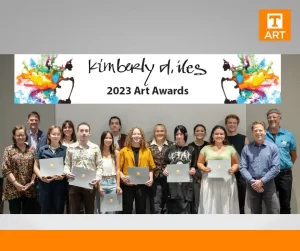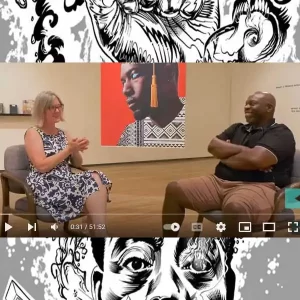Time-Based Art
Engage people through your story. Transcend boundaries. Redefine what art can be.
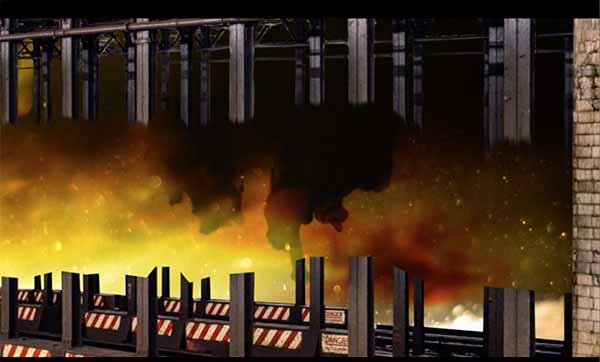
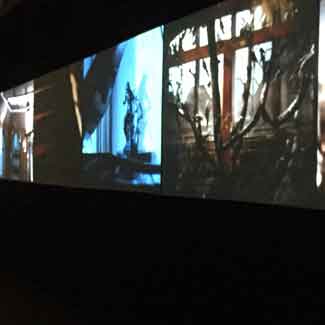
Produce your experience
Time-based art is an expansive discipline that encompasses animation, video, cinema, performance art, installation art, sound art, and other time-based and interactive works. The School of Art offers graduate and undergraduate programs in time-based art as well as a minor and elective courses for non-art majors. Our Media Pool, smART Lab, and time-based art and cinema studies facilities supply the latest digital technology and equipment, enabling students to install, perform, film, and record anything that they can imagine. Our graduates go on to become innovative and successful professionals in a broad range of arts and related creative industries.
Programs in Time-Based Art
Master of Fine Arts
The Master of Fine Arts degree in studio art with a concentration in time-based art offers students a rigorous, three-year interdisciplinary course of study. Our award-winning faculty mentor students to investigate critical, conceptual, and historical issues through structured coursework and self-directed studio practices. Graduate students have the opportunity to teach undergraduate courses or assist senior faculty in classrooms, labs, and workshops. Explore the options below to learn more about our graduate program.
Email faculty representative Emily Bivens
Degree Requirements
Offered Courses
- ART 503 Theory/Practice/Art Fundamentals
- ART 504 First-Semester Graduate Seminar
- ART 507 Professional Practice: Teaching Internship
- ART 551 Graduate Time-Based Art I
- ART 552 Graduate Time-Based Art II
- ART 595 Visiting Artist Seminar
Option: Art History Minor
A graduate minor in art history may be arranged during the student’s first semester of study with the consent of the student’s area instructors and the art history faculty. After a review of previous undergraduate coursework, students must complete a minimum of 12 approved credit hours in art history. A reading knowledge of French, German, or Italian is a prerequisite, unless waived by the art history faculty. Graduate Council policy stipulates that a member from the minor unit must serve on the thesis committee.
Bachelor of Arts or Bachelor of Fine Arts
The School of Art offers a Bachelor of Arts degree in studio art and a Bachelor of Fine Arts degree in studio art to students interested in time-based art. The Bachelor of Arts curriculum includes a higher percentage of general education courses for students pursuing a broader liberal arts education, whereas the Bachelor of Fine Arts curriculum includes more studio courses for students considering careers or graduate study in the visual arts. Our diverse faculty collaborate with other departments on campus and provide interdisciplinary instruction in classrooms and studios. Undergraduate students engage in creative problem solving while researching historical and contemporary theories of time-based art. Explore the options below to learn more about our undergraduate programs.
Degree Requirements
Offered Courses
- ARTC 232 Introduction to Performance and Sound Art
- ARTC 235 Introduction to Digital Media and 16mm Film as Art
- ARTC 236 Introduction to Cinema/Video Art
- ARTC 401 Experiments in Sequencing
- ARTC 402 Experiments in Space
- ARTC 403 Experiments in Systems
- ARTC 432 Advanced 4D Arts I
- ARTC 430 Internship
- ARTC 435 Narrative Filmmaking
- ARTC 436 Video Art
Minor
The School of Art offers a studio art minor for students interested in time-based art while pursuing other fields of study. Explore the options below to learn more about our minor program.
Minor Requirements
Offered Courses
- ARTC 232 Introduction to Performance and Sound Art
- ARTC 235 Introduction to Digital Media and 16mm Film as Art
- ARTC 236 Introduction to Cinema/Video Art
- ARTC 401 Experiments in Sequencing
- ARTC 402 Experiments in Space
- ARTC 403 Experiments in Systems
- ARTC 432 Advanced 4D Arts I
- ARTC 430 Internship
- ARTC 435 Narrative Filmmaking
- ARTC 436 Video Art
Non-Major Electives
The School of Art offers courses in time-based art for non-art majors. Explore the option below to learn more about our non-major electives.
Offered Courses
- ARTN 232 Non-Major Intro to Performance & Sound Art
- ARTN 239 Non-Major Intro to Special Topics in 4D Art
Faculty
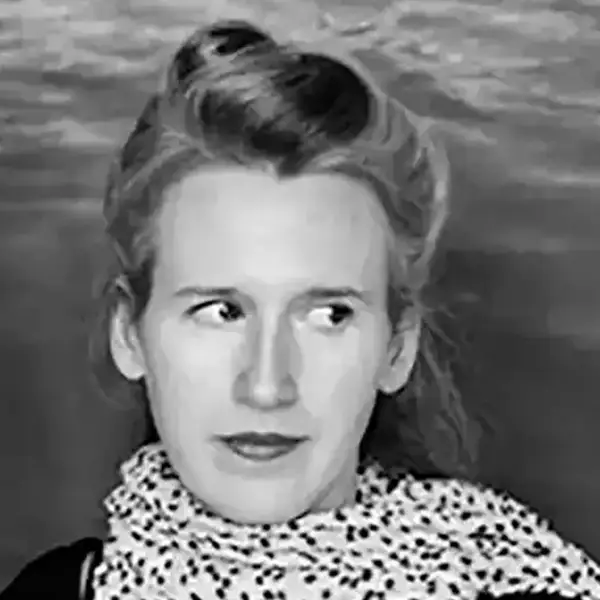

Heather Coker Hawkins
Assistant Professor
Area of Study: Cinema Studies + Time-Based Art

Paul Harrill
Co-Chair, Cinema Studies, Professor and Dee & Jimmy Haslam Chair in Cinema Studies
Area of Study: Cinema Studies + Time-Based Art
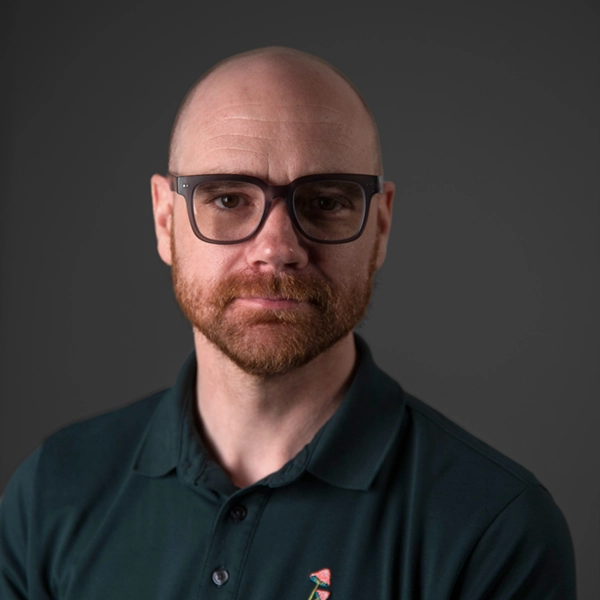
John Kelley
Associate Professor
Area of Study: Cinema Studies + Time-Based Art


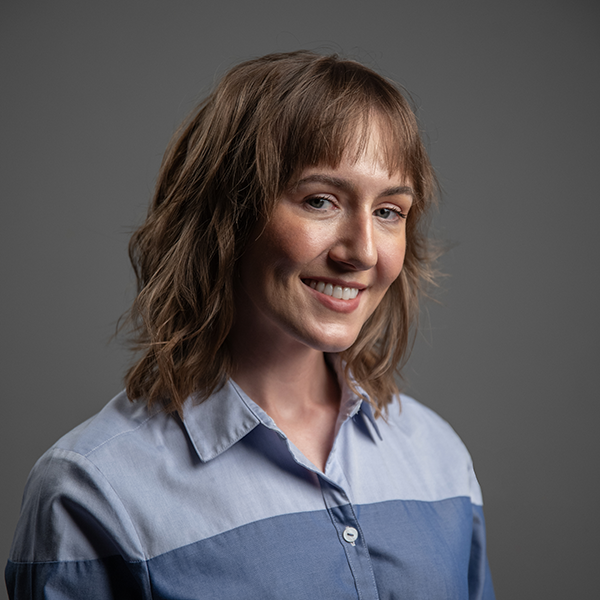
Janelle VanderKelen
Assistant Professor
Area of Study: Cinema Studies + Time-Based Art
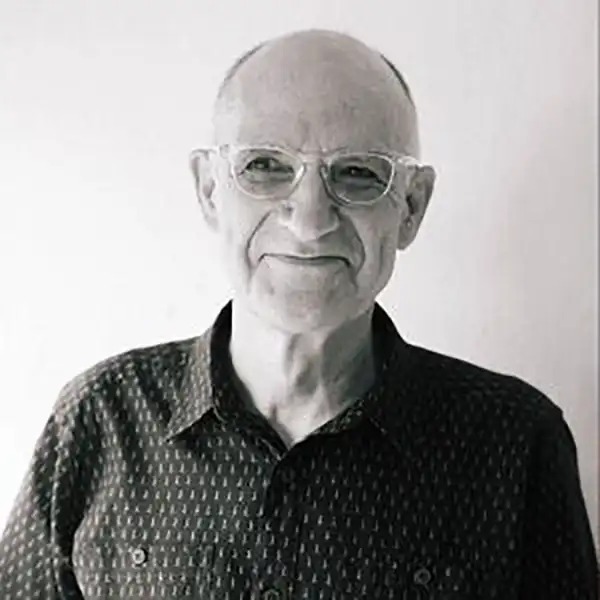
Time-Based Art News
Resources
Artist-in-Residence Program and Visiting Artists and Scholars Program
Helpful Links and Videos
Festivals and Competitions
Internships and Workshops
Internships for credit must be coordinated through the School of Art. Students wishing to pursue internships are encouraged to contact Paul Harrill, professor of cinema studies and time-based art, for a list of local, regional, and national companies and organizations, as well as for internship guidelines and forms.
Professional Organizations

